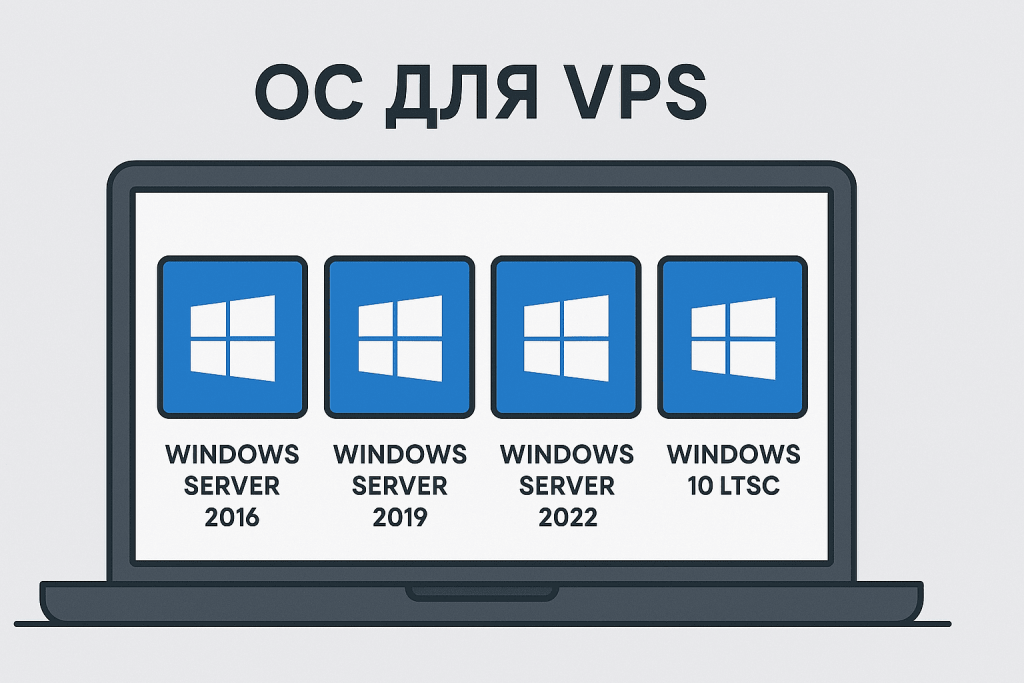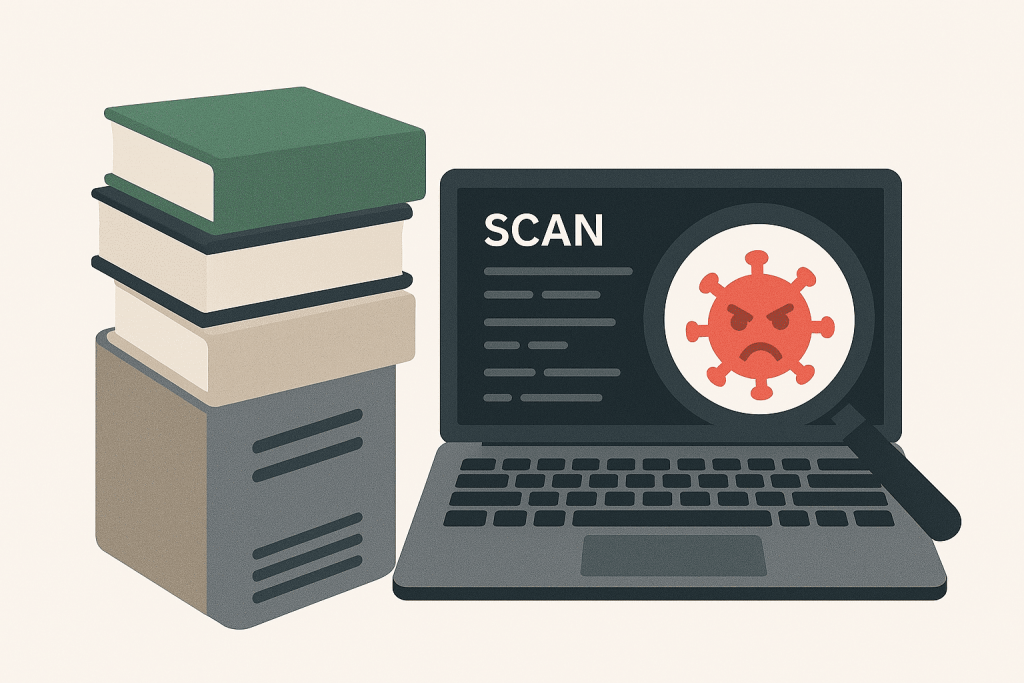
Time flies unnoticed. It feels like just yesterday we were discussing our first steps in the vast world of the internet — our first registered domains, our first attempts, our first dreams. Looking back at how it all began, we see a small team of enthusiasts, a few servers in a rented cabinet, and a great desire to make the internet more accessible to everyone. Much has changed since then, but one thing has remained constant: we work for you.





